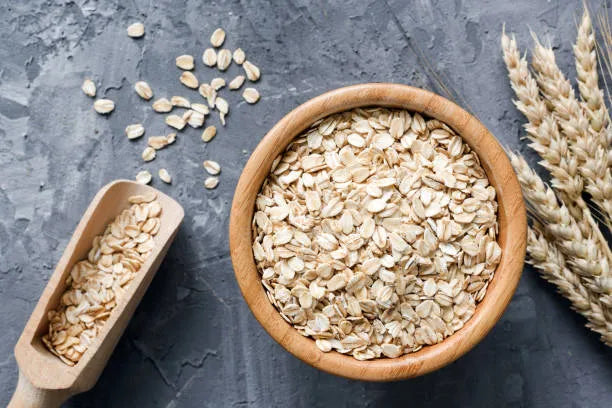
Why Eating Oats Can Help Lower Your Cholesterol
Share
Cholesterol is a key factor in heart health, and managing it effectively can significantly reduce the risk of heart disease. One simple yet powerful food that can help lower cholesterol levels is oats. Rich in fiber, particularly beta-glucan, oats provide a natural, effective way to support heart health. Here’s how incorporating oats into your diet can help keep your cholesterol in check.
The Role of Beta-Glucan in Oats
Beta-glucan is a soluble fiber found in oats that plays a crucial role in lowering cholesterol. When consumed, it forms a gel-like substance in the digestive tract that binds to cholesterol-rich bile acids. This process helps to remove excess cholesterol from the body, preventing it from being absorbed into the bloodstream.
Heart-Healthy Benefits of Oats
Research shows that regular consumption of oats can lead to a noticeable reduction in LDL (bad) cholesterol levels. Oats are particularly beneficial when consumed as part of a balanced diet, helping to reduce both total cholesterol and harmful cholesterol while maintaining or improving good HDL cholesterol.
Adding Oats to Your Daily Routine
Incorporating oats into your daily diet is easy and delicious. Whether you prefer oatmeal, oat-based smoothies, or adding oats to baked goods, there are countless ways to enjoy the heart-healthy benefits of oats. Start your day with a warm bowl of oatmeal, or add oats to smoothies and energy bars for an extra nutritional boost.
Including oats in your diet is a simple, effective way to help manage cholesterol levels and promote overall heart health. With their fiber-rich content and ability to lower LDL cholesterol, oats are a heart-healthy food that can easily be added to meals. Start enjoying oats today for a healthier tomorrow!
Get more knowledge about eating healthy, please refer to Mediterranean Vegetarian Cookbook.
